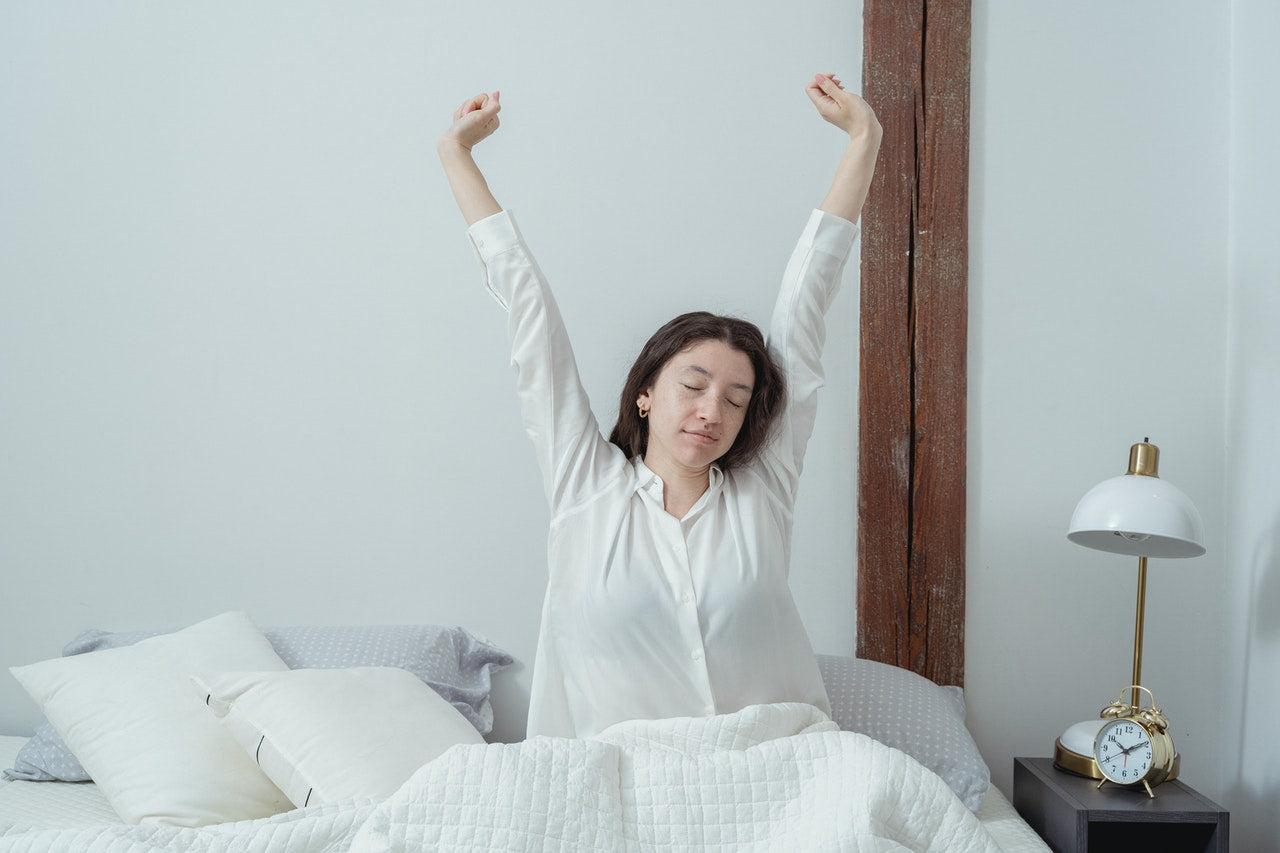Why Do You Wake Up Early After Drinking?

A night of drinking will make you woozy and very talkative, and in the end, it can certainly make you fall asleep faster, glued to the sofa. But, at what cost? Well, most of us know the cost—a banging hangover in the morning, self-loathing, and feeling tired.
Oh, and let's not forget waking up in the early morning or a couple of times per night, for that matter, even though falling asleep was so easy, right?
What's the deal here? Well, as it turns out, this is a pretty common effect of alcohol, so let’s see why it happens.
Why Can't You Get a Good Night's Sleep After a Night of Drinking?
The research is pretty interesting here. Low doses of alcohol do tend to help you fall asleep faster without any consequences to your sleep, but that's just one drink. You know, what they call a nightcap.
However, should you cross the threshold of one drink, you're in trouble. So even after two drinks, alcohol starts to mess with your sleep cycle and your normal sleep pattern.
A review paper of existing research on alcohol and its relation to sleep came to a verdict: alcohol reduces the time you take to fall asleep. Alcohol increases slow-wave sleep in the first half of the night. Also called deep sleep, this is a stage of the sleep cycle in which you're usually not dreaming, and it's mostly responsible for reducing the need for sleep.
During the second half of the night, people start to experience the so-called "rebound effect."
The rebound effect means that alcohol has already been metabolized and also eliminated by our bodies. This, in turn, means that the sleep variables responsible for our sleep patterns have reverted back to their old ways of doing things. And lo and behold, your sleep has been disturbed.
This happens because the body has already adjusted to the effects of alcohol so that you can go to sleep as usual. This was in the first half of the night. But, as we saw, in the second half, alcohol is already metabolized, and the body and brain struggle in vain. Hence the overcompensation and your subsequent wrecked sleep.
The Effect of Alcohol on REM Sleep
The effects alcohol has on REM sleep also play a part in why you wake up early in the morning.
Alcohol disrupts and shortens REM sleep, which is when our dreams and memory consolidation occur. REM sleep is also the most restorative phase.
As we saw earlier, 1-2 drinks increase slow-wave sleep (deep sleep), but it doesn't affect REM sleep quality. However, once you hit the 3+ mark, then REM sleep gets shortened, which can interfere with memory formation and can also exacerbate or cause a relapse of depression.
Because of disruptions in the sleep cycle, alcohol can also exacerbate insomnia and even be a contributing cause of it in the long term.
Conclusion
We hope we managed to clear up how alcohol interacts with your sleep. The moral of the story is to drink in moderation and don't use alcohol as a sleeping aid.
If you plan on drinking the whole night, make sure to drink plenty of water alongside. Also, make sure to give your body some time to metabolize alcohol first, and only then go to bed.
However, if it's a night out in the town, it's best to just stick to a glass or two and wake up rested and less grumpy in the morning.
Sources:
- https://pubmed.ncbi.nlm.nih.gov/6155259/
- https://healthland.time.com/2013/02/08/sleeping-it-off-how-alcohol-affects-sleep-quality/
- https://www.washingtonpost.com/national/health-science/a-night-cap-may-get-you-to-sleep-but-studies-show-it-will-also-make-you-sleep-less-well/2013/12/02/a126dc6c-56f9-11e3-8304-caf30787c0a9_story.html?utm_term=.6c8e148184a7
- https://my.clevelandclinic.org/health/articles/12148-sleep-basics
- https://www.sleepfoundation.org/stages-of-sleep/rem-sleep
- https://pubmed.ncbi.nlm.nih.gov/23391633/
- https://www.alcoholrehabguide.org/resources/dual-diagnosis/alcohol-and-insomnia/
